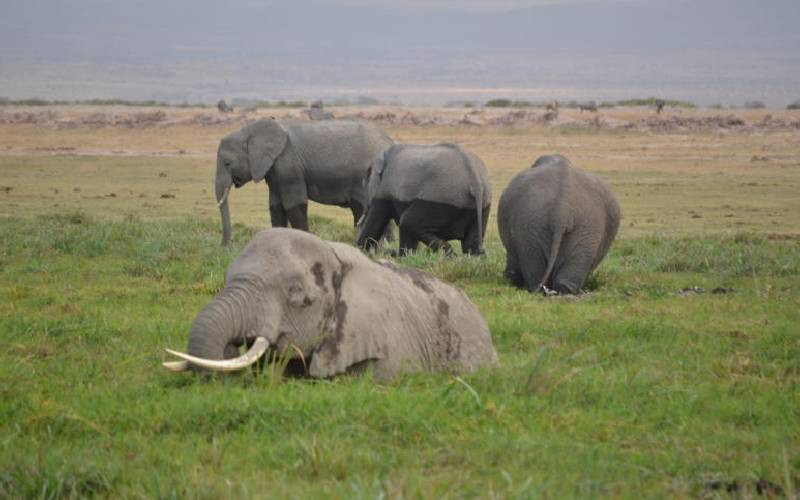×
The Standard e-Paper
Truth Without Fear

Environmentalists have warned against policies that continue to pile pressure on existing environmental challenges.
The environmentalists said mounting pressure to downgrade national parks, degazette major wetlands as well as approving infrastructure across delicate ecosystems continue to threaten biodiversity.